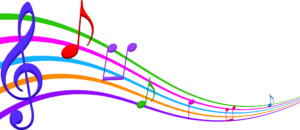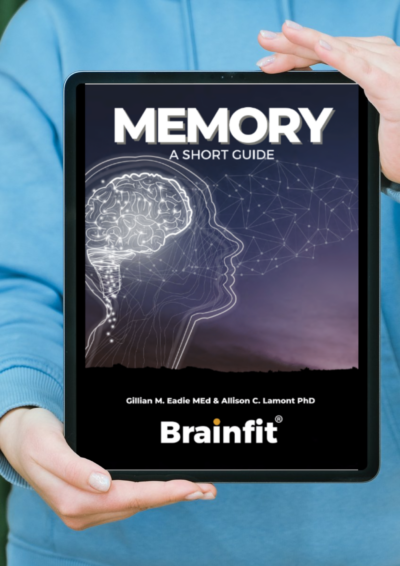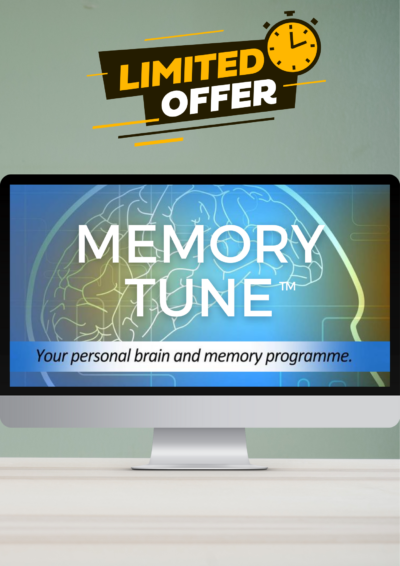What does music do for your mind?
- Music optimises learning
- Helps you retain information better
- Helps severely brain-injured patients recall personal memories & respond to therapies
- Helps with Alzheimer’s recall and sharing of memories
- Helps promote rehabilitation for people with physical difficulties
- And that musical training, particularly for children under seven, benefits brain function for a lifetime.
“Music’s the medicine of the mind.” – John A. Logan
How does music help?
Listening to music activates the whole brain, especially the areas of the brain that process sounds as well as the wide networks responsible for motor actions, emotions, and creativity.
“Music is also an effective, almost magical medium for learning and retaining information, [because] it activates three different centers of the brain at the same time: language, hearing, and rhythmic motor control. By inducing emotions, it also creates a heightened condition of awareness and mental acuity. Words paired with music are far easier to retain. As an example, most of us can remember the words and meanings of songs we haven’t heard for years. Isn’t it interesting how you still remember your ABCs?”- Don McMannis
A new branch of research, Neuromusicology, explores how our nervous systems react to music.
Different beats for ….
Neuroscientists have found that music affects us differently at different times:
- Music with lyrics helps when engaged in repetitive or mundane work but is distracting when studying.
- Upbeat music, including songs with positive lyrics, can provide the energy boost needed to get your brain primed for learning.
- Concentration and study need silence; if background noises intrude, listening to music with nature sounds helps.
- Heavy metal music (with an irregular, fast, distinct rhythm played at a very high volume) can lead to stress and, for heart surgery patients, could be life-threatening. It’s fine for situations involving energetic or competitive behaviour, though.
Slow, steady rhythms, such as drumbeats, helps Parkinson’s sufferers move more steadily. - Rhythmic cues can also help patients with a stroke or other neurological impairments.
- A song that you have not heard for a long time will evoke strong specific memories of a time and place from your past.
The music message:
Whatever your age, it is never too late to make yourself smarter, happier, healthier and more productive by listening to and playing music!
For a more in-depth look at this topic, see:
This article from SmartParentAdvice
https://www.brainfit.world/2014/05/10/jazz-brains-are-different/
![]()
Thank you to Lynette Mowlem, Researcher for Memory Foundation.
Do you have a comment or story about the power of music? Or other helpful hints you’d like to share with readers? Please leave your message below.





I have been playing the piano since before age 7 – at that age I started formal lessons – and now I am 76. I like to improvise and play my own arrangements as well as play from printed music. Learning to follow the signs along the way has taught me the discipline necessary for other things besides music – such as driving a car and observing both the rules in the road code and the actual things one must notice while driving on the road. When my grandchildren were young, I very much enjoyed reading stories to them, dramatising those stories and interpreting them as clearly as possible with clear diction, pronunciation and attention to punctuation. And yes, of course certain music brings back memories. I play for a choir at a retirement village and items from the variety of music which they sing often bring forth stories from past experiences of members of the choir.
Music has been part of your life – and always will be. Isn’t that a wonderful gift your family made possible for you?
I feel so fortunate to have been born after the great classical and romantic musicians lived their lives. I played the piano very seriously hoping to have a career as a concert pianist, but every thing changed as I married and changed career. However, I still enjoy listening to music. I am an active listener, listening to every note, which instills profound emotions in my gut, brain, skin, etc. I feel the music all over in and outside of my body. I think that we are so lucky that these men lived their lives usually so short, but somehow managed to leave such gems to the world. I am 85 years old, we do have Alzheimer’s in the family but I sincerely hope that maybe I will be spared.
I absolutely agree! Your muscle-memory for favourites pieces of music will stay with you, too – those neural pathways will be strong no matter the number of years having passed since you played actively. Music connects with us in ways that other sensory input does not. And you may like to read this article? https://www.brainfit.world/2015/01/22/will-i-get-alzheimers-too/
I started learning the piano when I was 7. It certainly was a great gift: music has been an important part of my life. I qualified as a piano teacher and had a long career as a primary school teacher. I am now 74 and still play piano and organ for church, sing in a community choir, help out playing for a music therapy group and so on. I am on my own now but having my piano to play whenever I want is like having a friend in the house. And I love playing the pieces I learned long ago. Music has enriched my life and the lives of people in my life so much.
That is such a lovely comment reflecting just how important music is in enriching lives. Did you enjoy the opera singing in the school lunch room?
When I went to China to teach English to preschoolers, I had to devise a curriculum and teaching plan. Because I had observed that in learning foreign languages, songs helped me to retain vocabulary, I had a song for each unit of work that included the key new vocabulary. With revision each week of older songs, the children retained a lot of words, together with good “NZ” pronunciation.
What an amazingly effective use of music! Those children will always remember their English words. Thank you for this story!